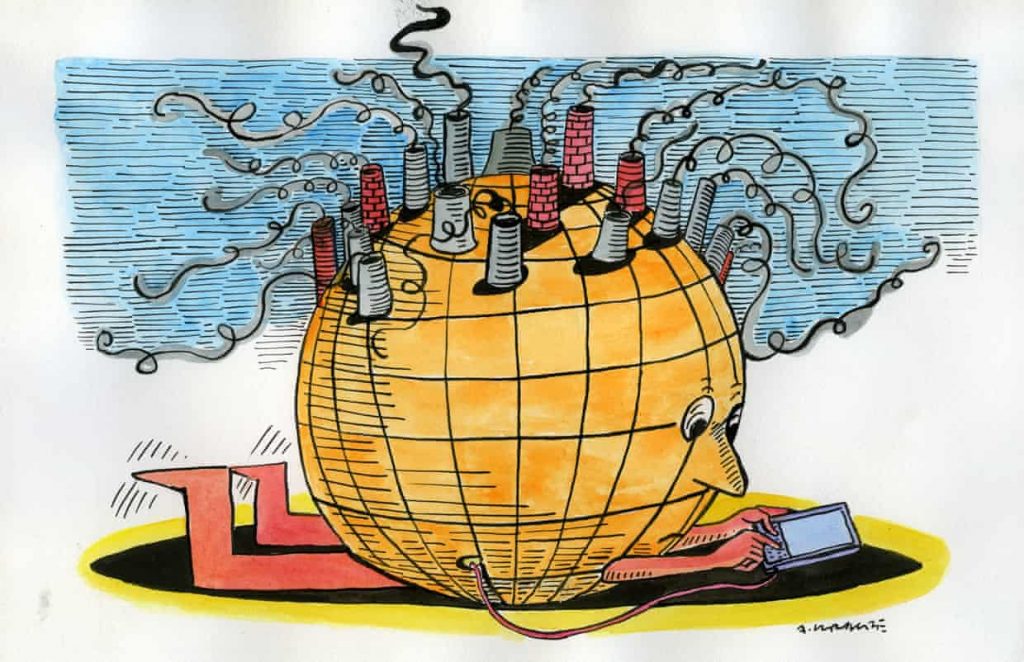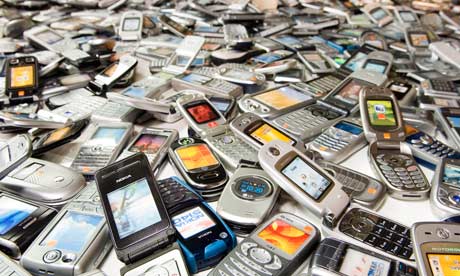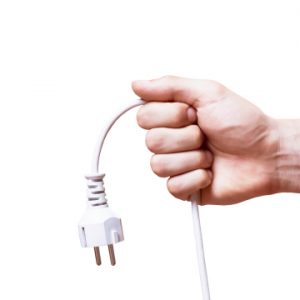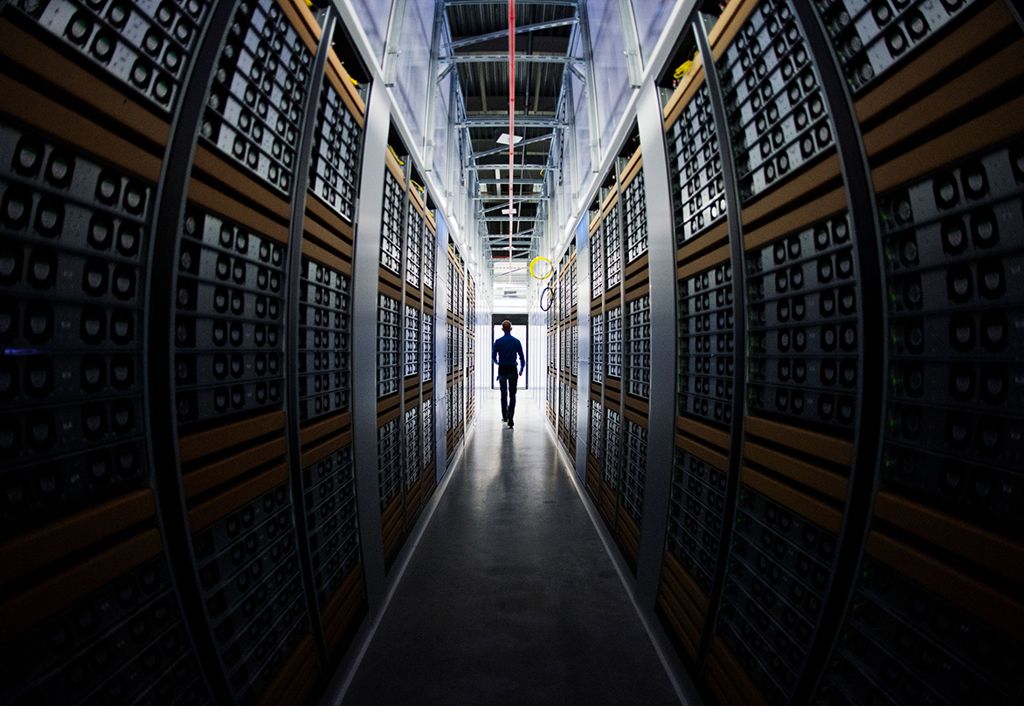
Rising sea levels. Drought. Wildfires… Faster data. The Internet of Everything. A “need” to buy a 5G Phone…
Our growing addiction to and dependence on wireless stuff is clear. What we don’t see — because it is so carefully hidden from the public eye — is the ecological impact of our social media usage and the wasteful consumption loop we’re trapped in, as we’re pushed to constantly upgrade our devices and turn simple electronics and appliances into “smart” machines.

Scholar Richard Maxwell says your Smartphone should have a tailpipe on it, so you understand it is connected to the physical infrastructure that affects our planet. It’s not just a magical box. According to a November 2020 report by InterDigital and ABI Research, the energy consumption of the wireless industry is poised to grow a staggering 160% by 2030, primarily due to 5G. A typical 5G base station consumes up to twice or more the power of a 4G base station, says Industry analyst MTN.
This 2019 report by the climate think tank The Shift Project shows the serious environmental impact of our digital revolution and calls for urgent action to reduce our use of cell phones, wireless and the internet of things (IOT).
The situation is alarming. We have a tsunami of data approaching. Everything which can be is being digitalised. It is a perfect storm. 5G, [the fifth generation of mobile technology] is coming, IP [internet protocol] traffic is much higher than estimated and all cars and machines, robots and artificial intelligence are being digitalised, producing huge amounts of data which is stored in data centres. – Andrae Anders, Huawei Technologies, Sweden
IN SHORT, EXPERTS WARN that the phenomenal growth of interconnected wireless devices, data centers and networks, central to the digital revolution, could use 20% of all the world’s electricity by 2025, hampering global attempts to meet climate change targets.

Wireless is not Unplugged
Government and industry claim the astronomical amount of data generated from 5G-enabled “smart” cities and devices will equip us to save energy. But they fail to account for the mega energy footprint of the IoT itself. This includes the energy consumed by our devices, the energy needed to mine and manufacture them (embodied energy), and the energy needed to power the networks and data centers to which they are connected.
Experts warn that the energy footprint of the digital world will double, or even triple, over the next 15 years. Dr. Mike Hazas, Senior Lecturer at Lancaster University’s School of Computing and Communications tells us that the IoT is “a significant concern in global efforts to reduce carbon emissions“ and that serious consideration must be given to limiting data growth before the IoT is unrolled.

Mending the Web
Love yourself. Then forget it.
Then, love the world. – Mary Oliver

All of life is interconnected. Bees and butterflies, birds, and kids – so easy to love, so vulnerable to the harms posed by our current technological trajectory. Remedying the suffering our personal tech choices may cause is simple. Not easy, perhaps, but not complex. Make sustainable choices. Connect with nature. Live from the heart. And encourage government and industry to promote technology that supports and protects life.
Resources on WIRELESS TECHNOLOGY & ENERGY
Climate Change, 5G and the Internet of Things flyer, Environmental Health Trust
How Smartphones are Heating Up the Planet
Smart tech’s carbon footprint ~ Ecologist, April 2020
The Environmental Footprint of the Digital World Study
Want to help save the planet? Hang onto your old smartphone – from CBC’s 2020 Massey Lecture on the Internet
